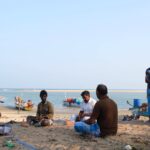This article was published more than 4 years ago.
For people all around the world, a property deed is more than just a piece of paper—it’s a lifeline. When a community’s land rights are respected, that stability helps local people move out of or avoid poverty. The opportunity to own land is also critical to increasing gender equality. But according to the World Bank, fewer than one-third of the world’s population possess legally registered rights to their land and homes.
In Uganda’s resource-rich Buliisa and Masindi Districts, the Lake Albert Children Women Advocacy and Development Organization (LACWADO) works with community members to address the issue of land rights. With the Fund’s support, they use rights education and advocacy to ensure that local communities—and particularly women—can assert their rights and negotiate on their own terms when others try to exploit them and take their land.
Enid’s Story
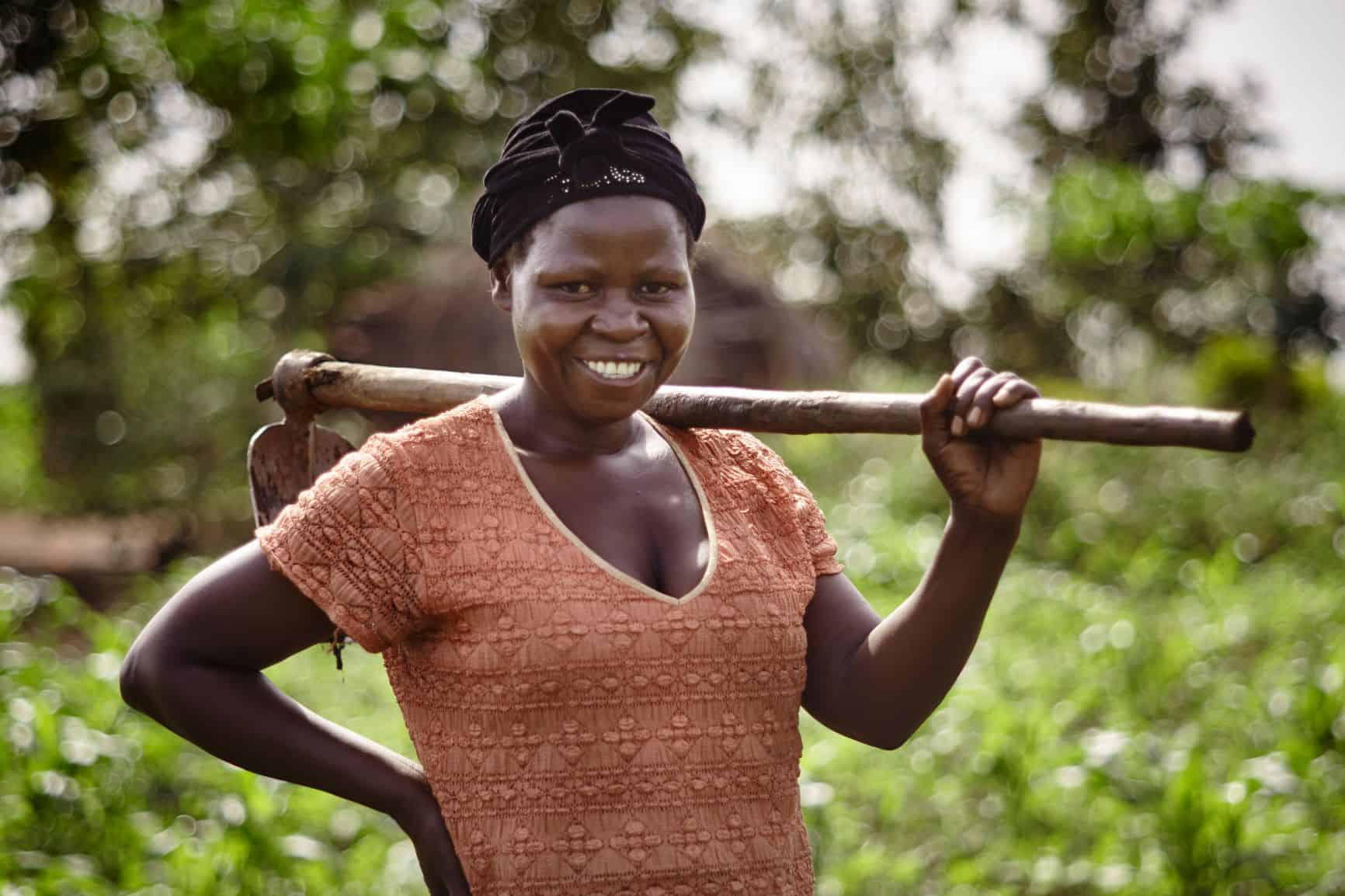
In Biso, a town in western Uganda, Enid Birungi (above) worked with her husband to cultivate and sell crops. As they became more successful, her husband began to scheme—he planned to marry additional wives and sell their land, including the last acre that Enid needed to feed their nine children.
Enid went to LACWADO for support. They helped her open a case to retain her land with the local magistrate, which she won. Today, the deed to the land is in her and her children’s names. “LACWADO helped me do what I couldn’t have done alone,” Enid says. She now helps other women learn about their rights and access LACWADO’s services
Sabiti’s Story
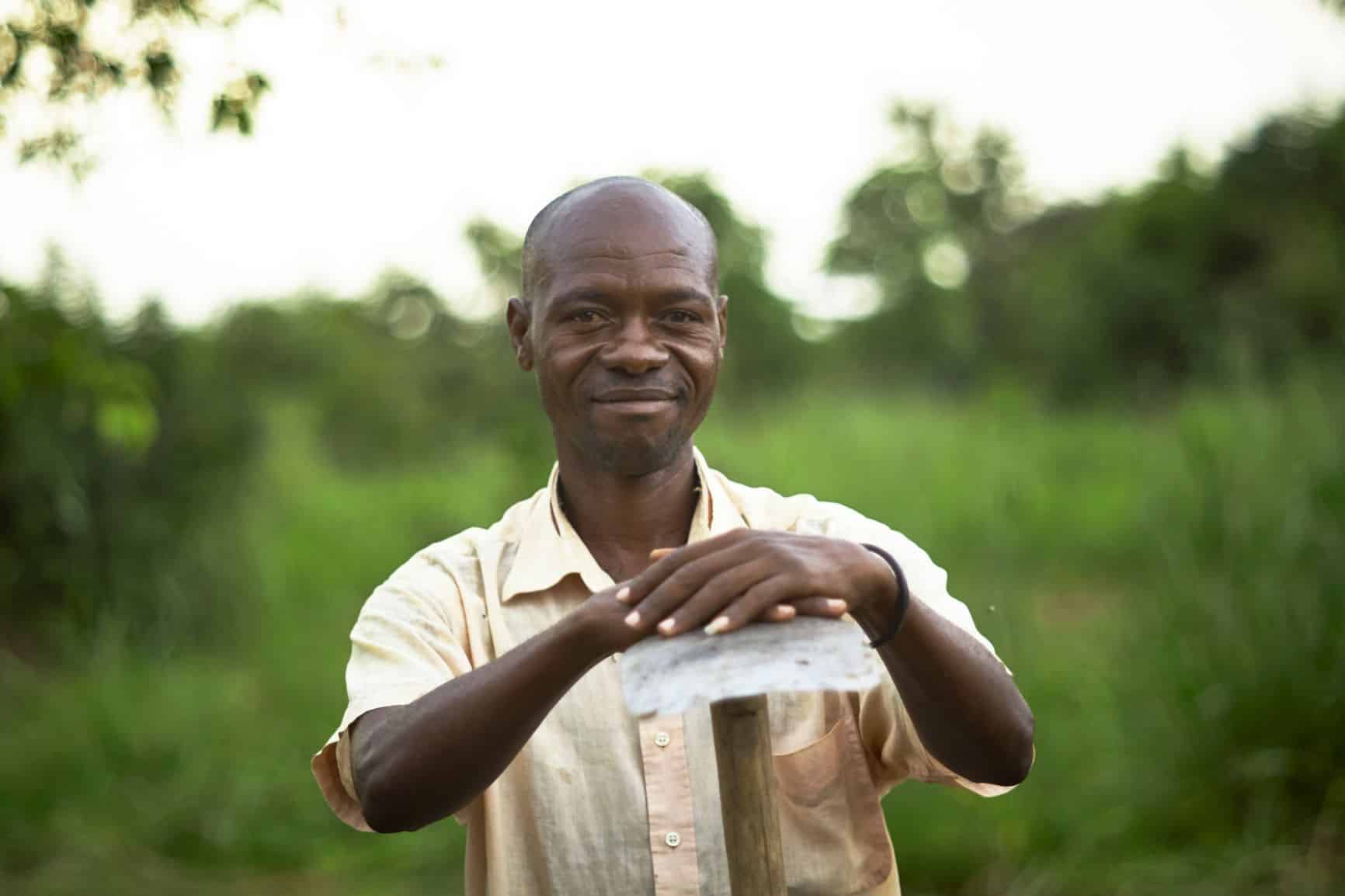
In Buliisa, Sabiti Mukumbya (above), a farmer, had been renting a small portion of his land to a security firm, where their local employees lived. After the first year, though, they stopped paying rent and refused to leave.
LACWADO helped Sabiti take them to court. While the magistrate ruled in his favor, the company left without repaying him. LACWADO remained in his corner, connecting him with court brokers who work as middlemen to secure court-ordered settlements. They also planned to engage police to help enforce the ruling and gain the compensation owed to Sabiti.
Creating communities that are united, empowered and informed
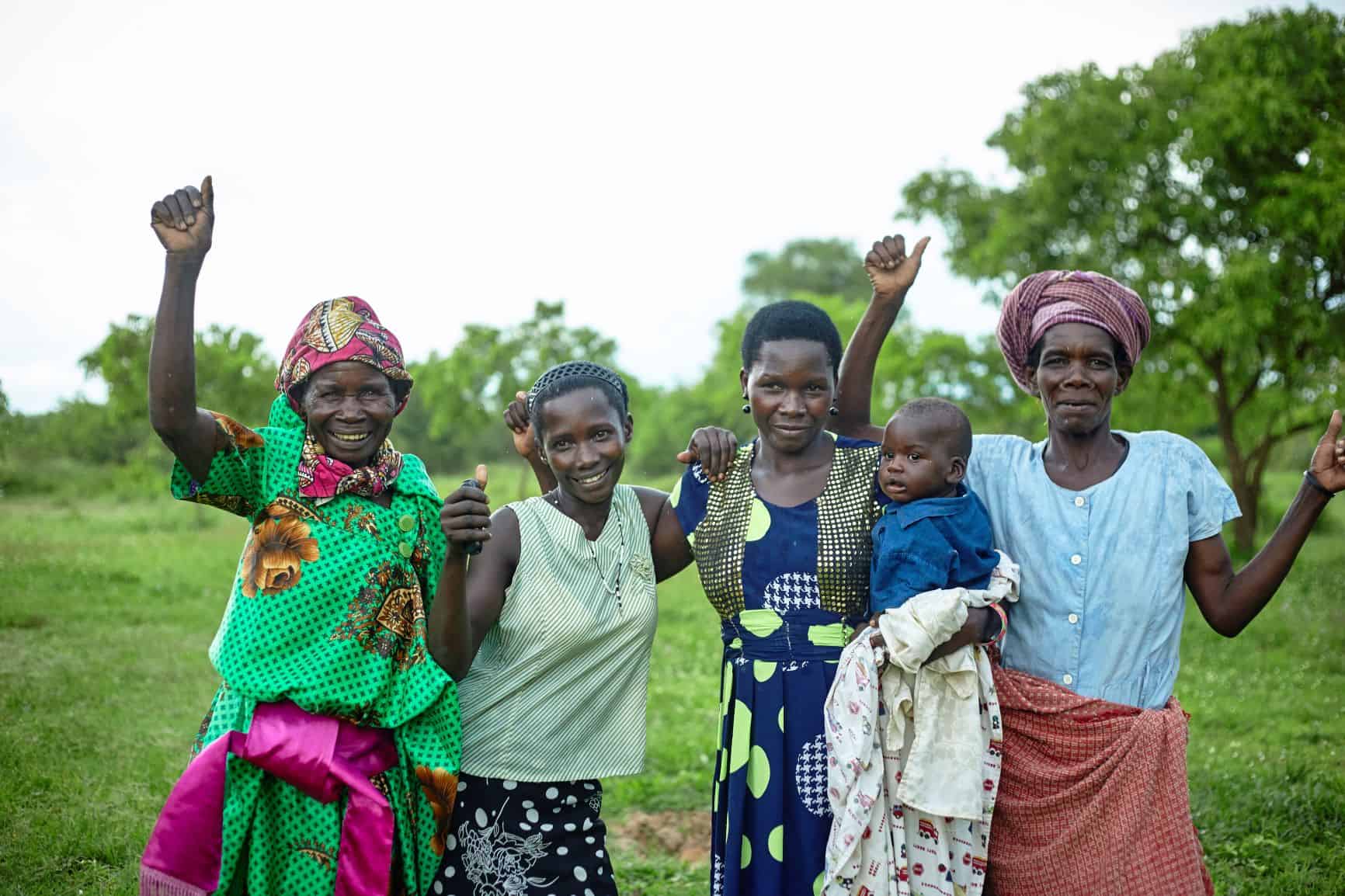
LACWADO supports individual cases as well as communities at large affected by corporate development. In the region where they operate, construction of an oil pipeline and refinery are set to start. These large projects have affected both the environment and the livelihoods of local people, including delays in paying families and individuals for the land they’ve had to give up for the projects.
LACWADO uses community radio and training sessions to educate and mobilize people who have experienced delays in compensation. They also work with people who have been rehoused in unsatisfactory homes after being displaced by development projects. Collaborating with other groups, such as National Association of Professional Environmentalists, enables them to share lessons and develop new solutions for holding companies accountable.
To help ensure continuity of advocacy around land rights, LACWADO provides training for community-based human rights activists. Realizing that holding political space is key in the protection and promotion of community land rights, some of these activists have gone on to run for local political positions.
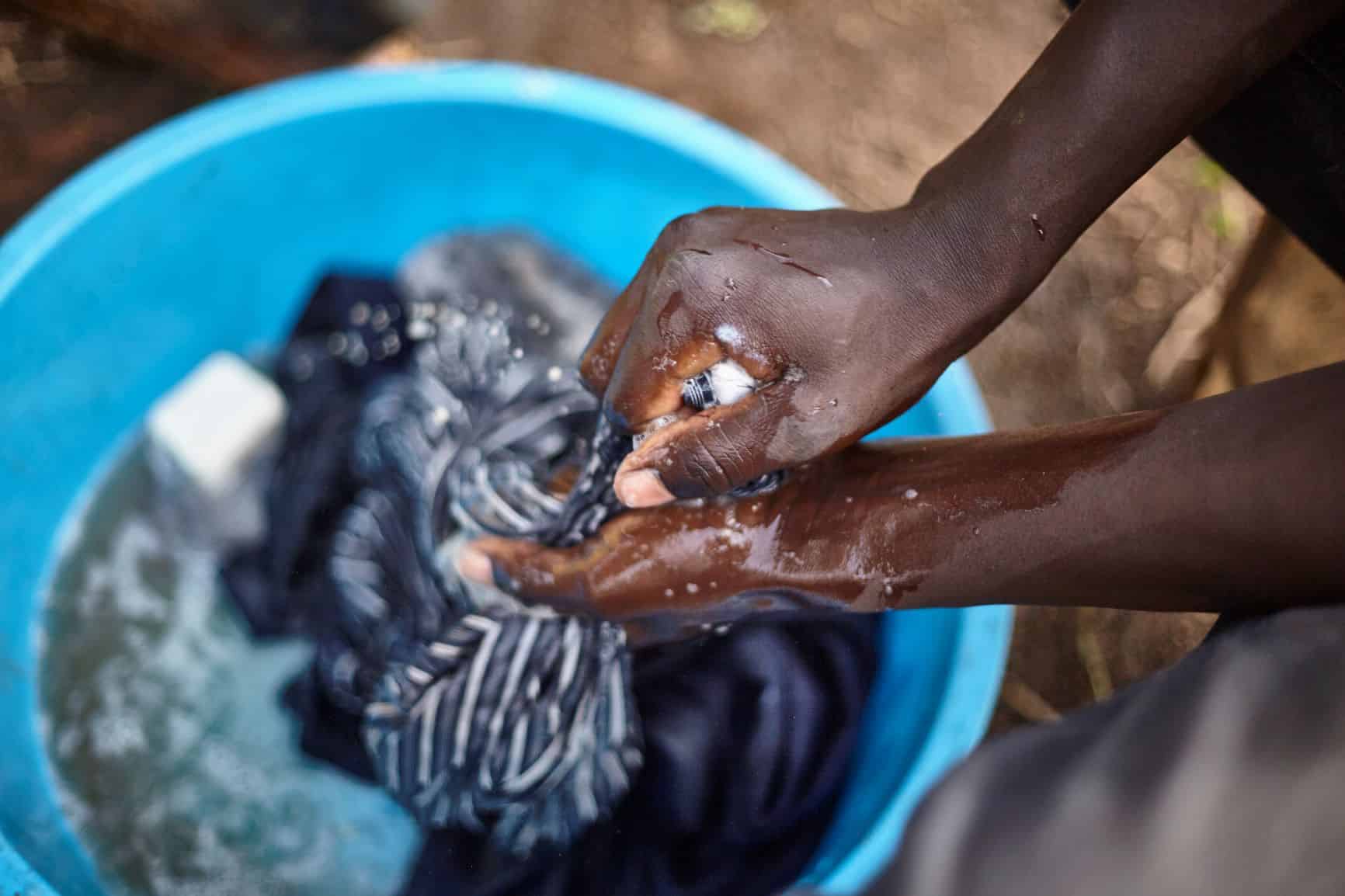
At the onset of the COVID-19 pandemic, LACWADO was able to quickly pivot and respond to the needs of women and children in the communities they serve. Despite the challenge of securing transportation, dedicated volunteers from LACWADO worked with local government leaders to support the region’s COVID-19 response.
Amid the ensuing lockdown, the number of domestic violence and land grabbing cases rose. Through their established activist networks, LACWADO was able to provide referral pathways to women experiencing domestic abuse as well as document violations arising from the land grabs.
In a region where communities must stand up to powerful companies with vast resources, LACWADO is steadfast in its work protecting people’s rights to their homes. According to Executive Director Stuart Bigirwenkya, “Most [people] in government and oil companies and investors will listen to an organized community. A community who is united, a community who is empowered, informed, and knowledgeable. That is why LACWADO comes in to provide that… so that they can engage effectively and constructively.”
For more stories and updates on groups like LACWADO, follow the Fund on Facebook, Twitter, LinkedIn, and Instagram.
